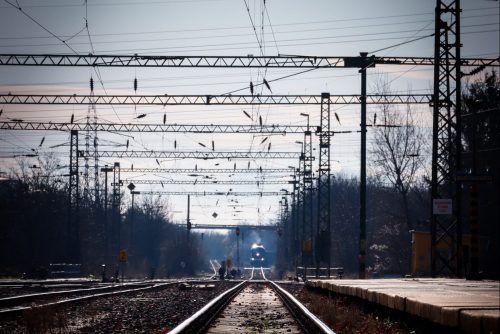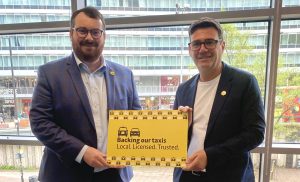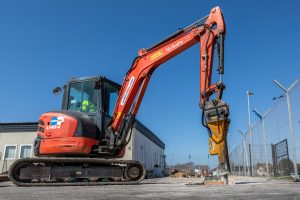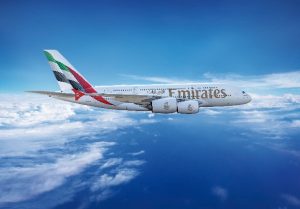Northern leaders’ responses to Integrated Rail Plan to go before national inquiry

Members of Transport for the North’s (TfN) Board agreed their submission to a cross-party inquiry into how the Government’s Integrated Rail Plan (IRP) will fulfil the promises made by the Department for Transport.
They considered their response to the Transport Select Committee inquiry at their meeting earlier today – 25 January – having branded the contents of the IRP “woefully” inadequate last November.
The select committee is seeking evidence on the implications of the IRP for the economy, rail capacity and connectivity.
TfN has previously said that after decades of underfunding, the rail network in the North is not fit for purpose and requires “transformational” change – instead of what is promised in the IRP.
IRP includes HS2, the Transpennine north railway upgrade, East Coast Main Line, the Midland Main Line railway upgrade, Northern Powerhouse Rail and the Midlands Rail hub.
The Government has described it as the largest ever investment in rail infrastructure, but regional leaders and business representatives have hit out at the proposals, arguing the “pared-back plan” will not unlock the full potential of the North.
TfN Board member councillor Daren Hale, cabinet member for economic investment, regeneration, planning, land and property at Hull City Council, today stressed that TfN must make it clear to the inquiry that having more capacity on the North’s railways is a crucial part of decarbonisation.
“This linkage between capacity and decarbonisation is absolutely critical in the evidence we give to the select committee,” he said. “If we don’t have that capacity people will still be making more journeys by car.”
Cllr Hans Mundry, portfolio holder for Transportation, highways and public realm at Warrington Borough Council, said proposals put forward by TfN outlining what rail network improvements are needed are evidence driven, while the Department for Transport’s plans are financially driven.
He added: “We need to carry on working with the Department for Transport, making sure our expertise isn’t missed out, and that we get the best out out of the poor deal we’ve been given.”
Tracy Brabin, Mayor of West Yorkshire Combined Authority, said the West Yorkshire region deserves a “five-star, gold-plated transport network” but is only set to receive £7bn from the £96bn IRP.
She said the Government’s focus seems to be purely on cost, not on the opportunities a better rail system can create for the region.
Cllr Liam Robinson, chairman of the Transport Committee at Liverpool City Council agreed, saying: “The North of England should not be accepting what is proposed because it’s a bad deal for the 15 million people we represent.”
Andy Burnham, Mayor of Greater Manchester, said TfN should make a strong “value for money” case to the select committee, highlighting how the economy can benefit hugely from having much improved east-west rail links between Hull and Liverpool and connecting Bradford to highspeed rail.
Cllr Tom Smith, of Lincolnshire County Council, said his own district continues to rely on Victorian-era infrastructure for its railways and has even lost the direct rail link it used to have to Manchester Airport.
He said his area is still impacted by the closure of railways axed in the 1960s Beeching cuts, closures which he said should never have happened.








